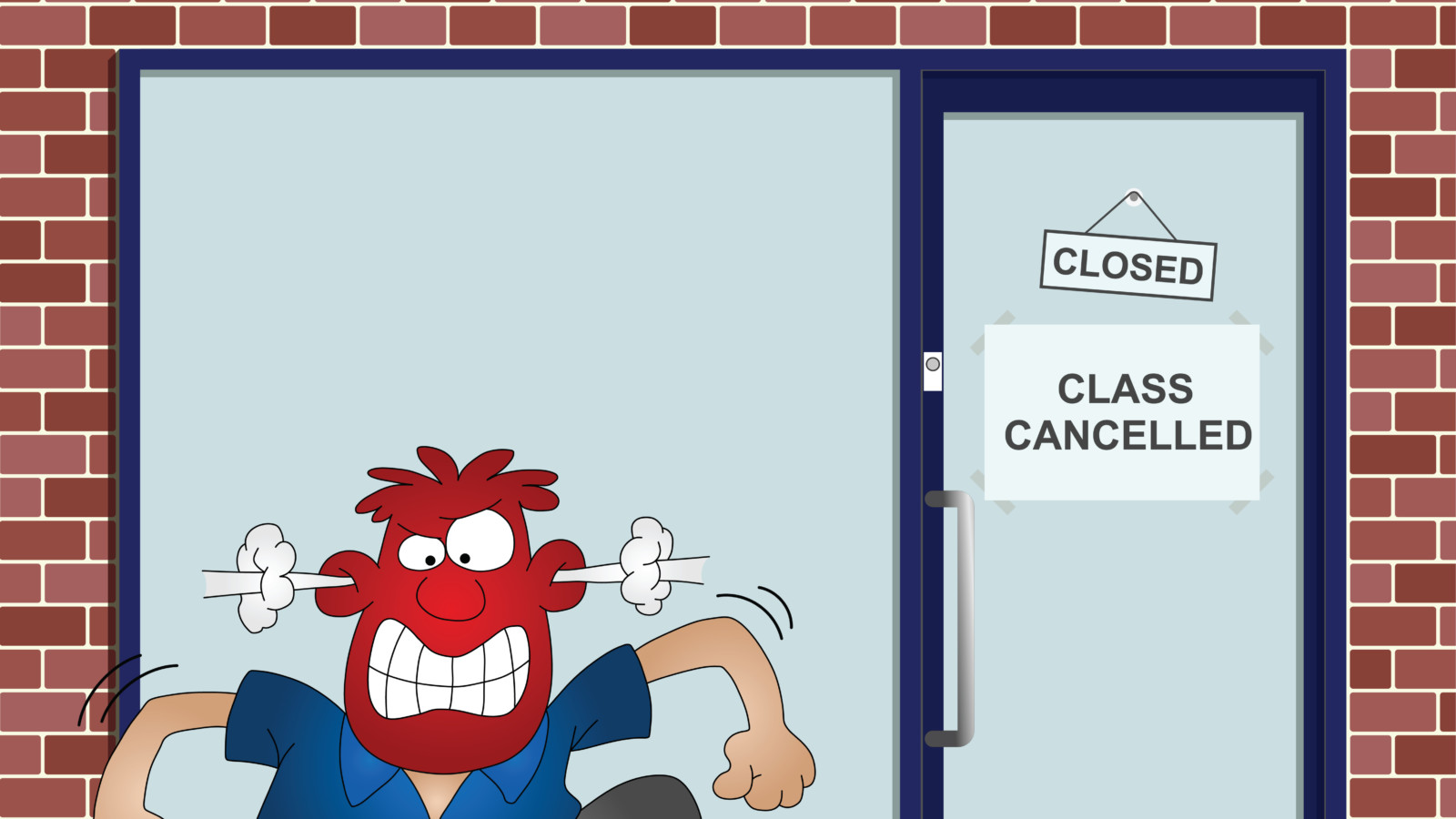The psychology behind a disturbing trend.
It’s 2:20 pm on a Monday. I am eating the remnants of my granola bar waiting to board my return flight to Boston. I’m in Grand Traverse City, at a tiny airport with only six gates and one small store brimming with cherry products: cherry wine, cherry chocolates, dried cherries, cherry ghost pepper hot sauce, and cherry trail mix. Lest I forget I’m in the cherry capital of the world.
My spirits are food, I’m happy to be traveling again. I’ve just finished my second live keynote since COVID, something I’ve missed tremendously. Then the announcement comes: mechanical issue…leaking fluid…we don’t have any more information. Please sit tight.
There is a collective sigh. Then, within .004 seconds of the airline agent telling us with great emphasis that she appreciates our patience, she’s face to face with a guy who could be Bobby Knight’s twin, peppering her with hostile questions like she was on trial and he was the DA.
It somehow registers that we’re all giving him the side eye, but the second he sits, five more Bobbys storm the agent, demanding answers in full tantrum mode. I watch wide-eyed what feels like a combination of a skit and a human behavior experiment. Maybe they hadn’t removed their AirPods and missed the announcement? Or they skipped their anger management classes? I’d just been chatting with colleagues about the rise in agitation and public outbursts, and here it was in full color.
Adult tantrums are unsettling, and while it’s easy to judge when we’re not the ones losing our cool, it can help to understand what’s ramping them up if we want to promote positive behavioral change.
1. Anger is rooted in anxiety and fear
As with panic attacks and nervousness, anxiety is a culprit in combative behavior. Seeing anger through a lens of unaddressed anxiety can help us access the tools we need, rather than staying stuck in cycles of explosiveness and shame.
2. Outbursts represent skill gaps and cumulative emotions that have not been dealt with properly
Moments of disproportionate anger often reflect underlying untended emotions. Explosive behavior can be lessened by learning skills of self-talk that help us name difficult emotions and cope with them before they build up and explode. Doing so can translate into positive and productive communication with the outside world. We can also learn to increase our distress tolerance and become more adaptable. Some of my favorite writers on navigating anger include Harriet Learner and Ross Greene.
3. We are at our wit’s end
The pandemic has forced us to marinate in trauma for a long time, leaving us susceptible to being easily triggered. Trauma can leave us in a state of easy arousal, agitation, and depersonalization. This combination can contribute to a short fuse and acting out. It can ramp up the tendency to be feisty protectors of our own needs, rather than seeing ourselves as part of a collective. The “me” mindset can only lead to further isolation and disconnect. Moving to “we” can help us work toward coping, healing, and empathy, instead of projecting our pain onto each other.
4. Pain is amplified by dysregulation
The pandemic has served up heaping doses of disruption. Disruption breeds dysregulation and impulsiveness. Monitoring sleep, screen time, time with positive people, exercise, proper nutrition, and hydration are essential contributing factors to emotional regulation. If we neglect our basic body budget needs, we are more at risk for frustration, moodiness, and meltdowns. Lisa Feldman Barrett’s work on brain pattern recognition reminds us of the importance of these basic tenets of taking care of ourselves.
5. Polarization perpetuated by politicians and news sources encourages explosiveness
The toxicity from our screens has undoubtedly rattled cages and unleashed blantant disregard for manners and basic human kindness. We are self-protective creatures, but we can overcome the primitive instinct to protect territory and demand our way if we’re intentional in working toward change. Treating people like people should not be a novel concept or lofty goal. Robert Sapolsky’s work offers important thoughts on the human condition and getting to a place of cooperation and humane behavior.
6. Social structures set us up for friction
Social structures can ramp up elitist, entitled behaviors. The customer-is-always-right mindset has gone to a whole new mutation. In one breath, society celebrates essential workers; the next they are treated terribly. Check out the work of Isabel Wilkerson to better understand how caste structures negatively impact human interactions and ways we can contribute positively to needed change.
Emotions are running high. Sudden change is jarring. Constant change can trigger angry, anxious responses. We can all have moments when we act out and behave primitively. When we stop to reflect on what’s behind agitation, it can help us take perspective and engage in life more positively and productively.
References
Lerner, H. (2005). The dance of anger: A woman’s guide to changing the patterns of intimate relationships. Perennial Library/Harper & Row Publishers.
Sapolsky, Robert M., Behave: The Biology of Humans At Our Best and Worst. New York, New York: Penguin Press, 2017.


